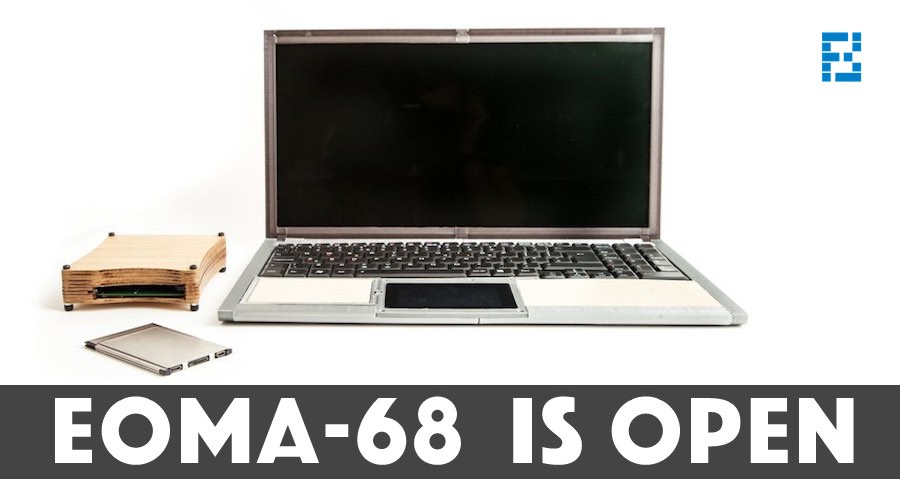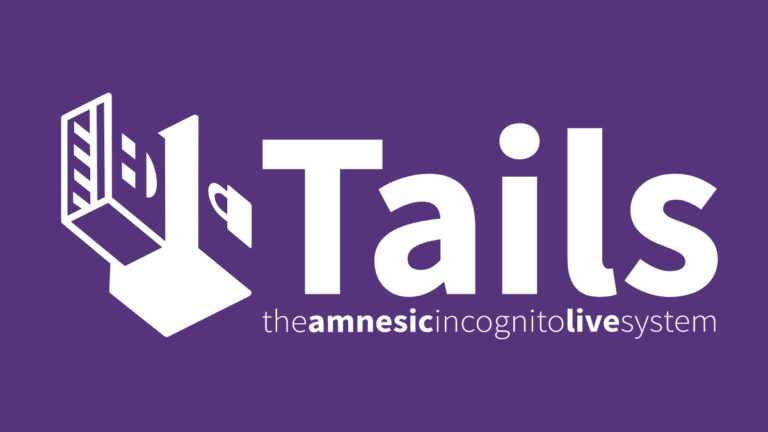Open Source EOMA-68 Computer Is Here To Redefine Free Software And Hardware

 Short Bytes: Upgradable portable computers have been a bit of pipe dream for the last decade. While we do have some laptops that lend themselves to upgrades and repairs more than others, the units still depend on an OEM motherboard. The Embedded Open Modular Architecture/EOMA-68 standard is looking to challenge that status quo.
Short Bytes: Upgradable portable computers have been a bit of pipe dream for the last decade. While we do have some laptops that lend themselves to upgrades and repairs more than others, the units still depend on an OEM motherboard. The Embedded Open Modular Architecture/EOMA-68 standard is looking to challenge that status quo.
Some manufacturers take it a step further and mix in DRM to make it even more difficult to modify your own device. It’s a problem that’s existed since the dawn of mobile computing.
This is where the Embedded Open Modular Architecture/EOMA-68 standard comes in. It’s a small, prepackaged, single board computer (SBC) that conforms to a standard form factor and interconnect.
By leveraging this concept, manufacturers can create card-like computers that simply slide into a variety of form factor units like laptops, small form factor desktops, or even tablets. The idea is that it doesn’t matter what’s inside the package as long as it conforms to the standard.
So, you can have an Intel x86 compatible CPU, ARM, or even a MIPS CPU, and as long as the standard is employed, it will work with any Embedded Open Modular Architecture/EOMA-68 compliant housing unit. This allows for major flexibility in mobile computing. The variety and possibility involved is simply unprecedented.
The first publicly available EOMA-68 compliant computer is being crowd funded right now, and what’s more is that the team behind it is providing free designs and instructions so you can 3D print and build your own laptop chassis. You can help fund this futuristic project and find more information here.
Have any fossBytes readers already backed this project? Can you see yourself using a computer like this? Let us know what you think in the comments below.






